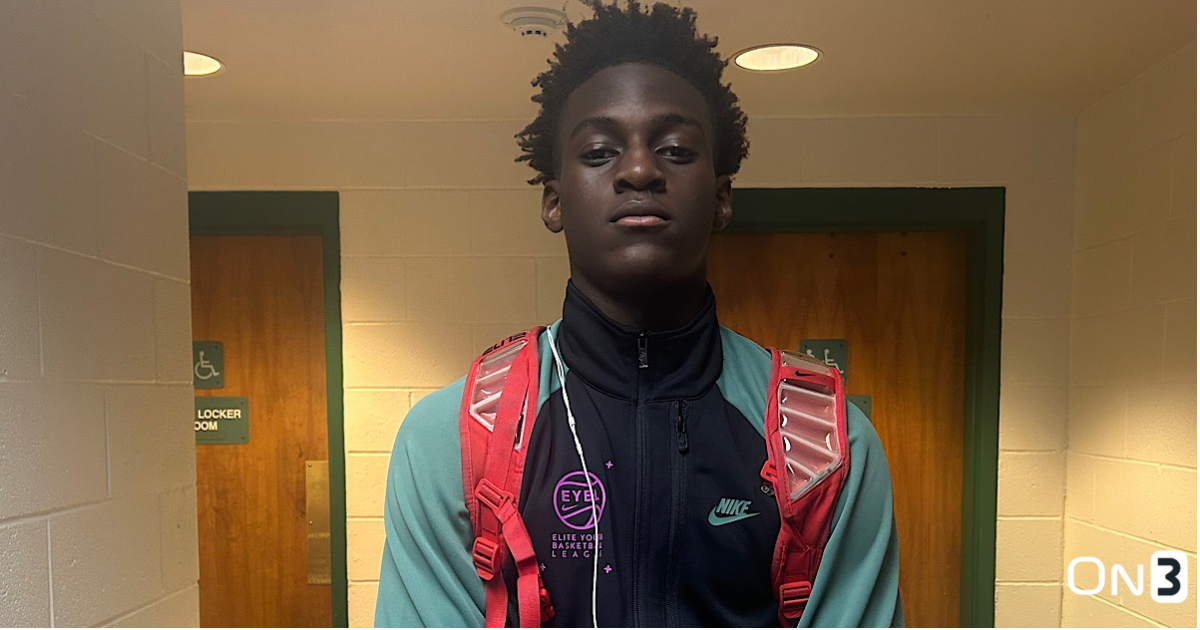AJ Loiacono's healthcare software startup Judi Health reduced costs by 11% for 1,800 plan members and cut claims processing times from more than six months to 18 days. The 53-year-old entrepreneur founded the company, formerly known as Capital Rx, to address inefficiencies in an industry where administrative spending reaches $1 trillion annually, Forbes reported.
Judi Health on Tuesday announced a $400 investment, including a $252 million Series F funding round led by Wellington Management and General Catalyst that doubled the company’s valuation to $3.25 billion. The funding round is set to close in October.
Notable investors include Goldman Sachs Asset Management and Generation Investment Management, chaired by former Vice President Al Gore, Forbes reported.
Don't Miss:
-
Power Outages Up 20% a Year — Here's the U.S. Company Helping Americans Go Off-Grid Safely
-
If there was a new fund backed by Jeff Bezos offering a 7-9% target yield with monthly dividends would you invest in it?
Loiacono previously co-founded pharmacy benefits consulting firm Truveris, where he spent eight years as a top executive and CEO, witnessing American drug pricing’s deep dysfunction firsthand, Forbes reported. He launched Capital Rx with colleagues Ryan Kelly, now Judi Health’s chief technology officer, and Joseph Alexander in 2017.
The company developed Judi, a modular cloud-based software that cuts through pricing opacity with transparency. Rather than playing pricing games, Capital Rx charges flat administrative fees on either a per-member monthly basis or per-claim structure, according to the outlet. Drug prices get set using the publicly available national average drug acquisition cost database maintained by federal centers for Medicare and Medicaid services.
This approach helped build a substantial pharmacy benefit management business expecting $3.7 billion in revenue this year, up over 75% from last year’s $2.1 billion, Forbes reported. The technology handles the administrative work of claims, but the company does not take on the risk of paying for them.
Trending: Backed by $300M+ in Assets and Microsoft's Climate Fund, Farmland LP Opens Vital Farmland III to Accredited Investors
U.S. pharmacy spending increased by $50 billion in 2024 to $487 billion at net manufacturer prices, driven by growth in oncology, immunology, cardiovascular, obesity, and diabetes drugs, with GLP-1 therapies such as Ozempic and Wegovy cited by PwC as key inflators.
.png)
 German (DE)
German (DE)  English (US)
English (US)  Spanish (ES)
Spanish (ES)  French (FR)
French (FR)  Hindi (IN)
Hindi (IN)  Italian (IT)
Italian (IT)  Russian (RU)
Russian (RU) 






Comments